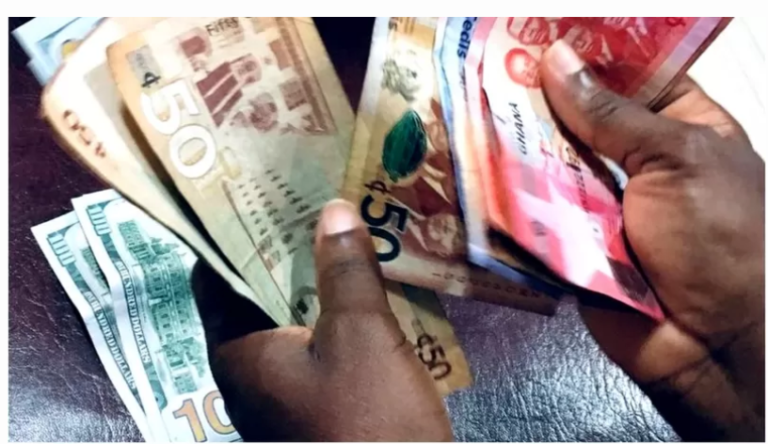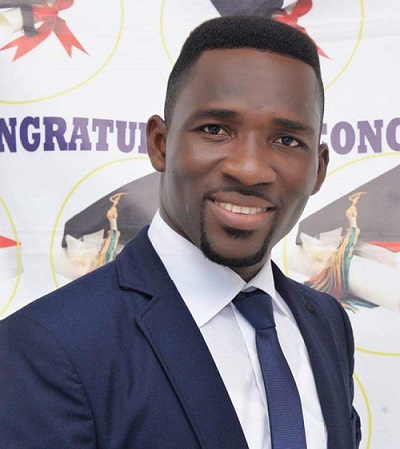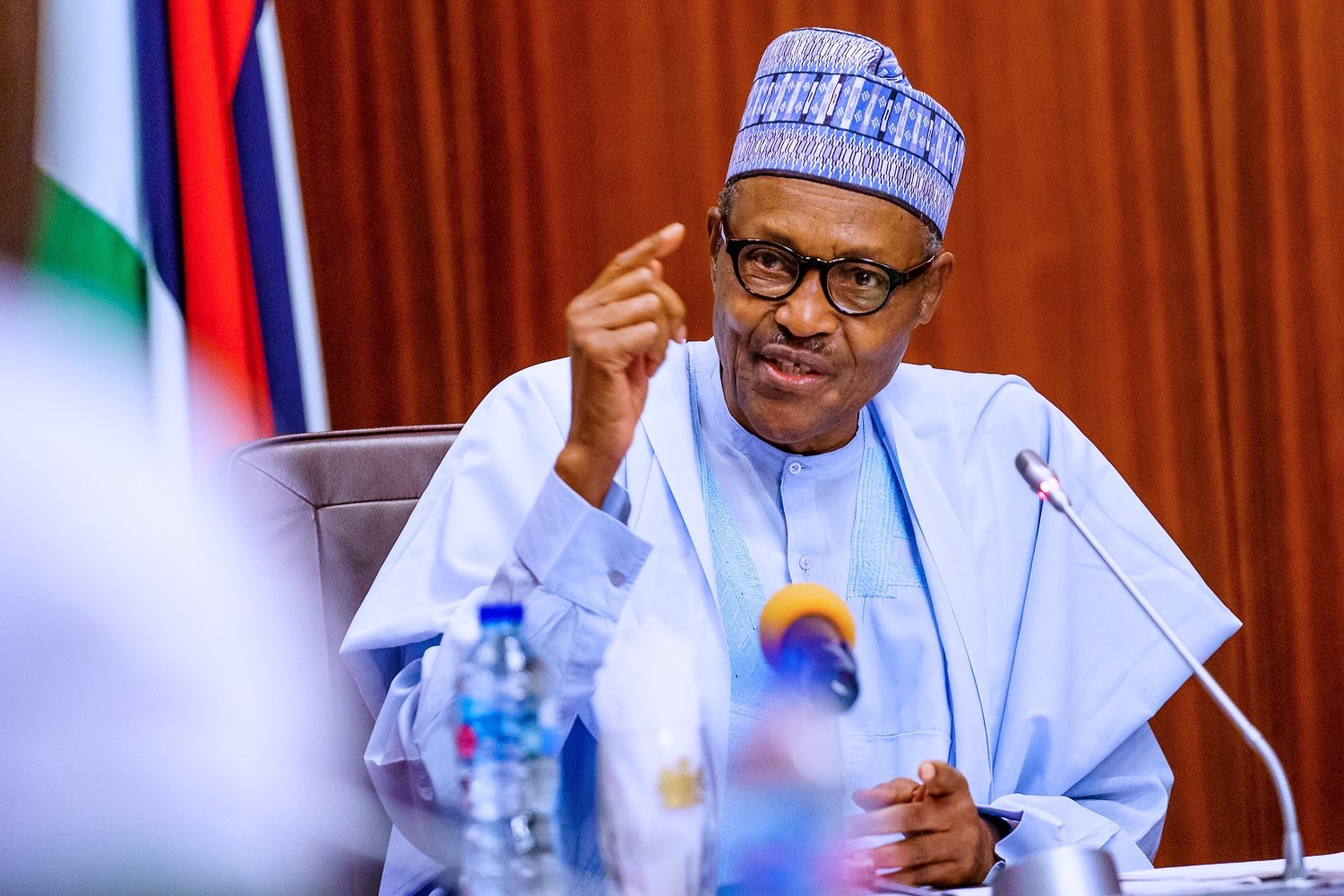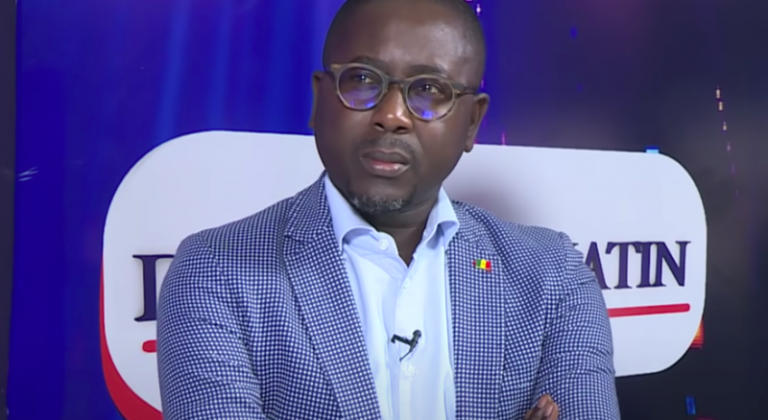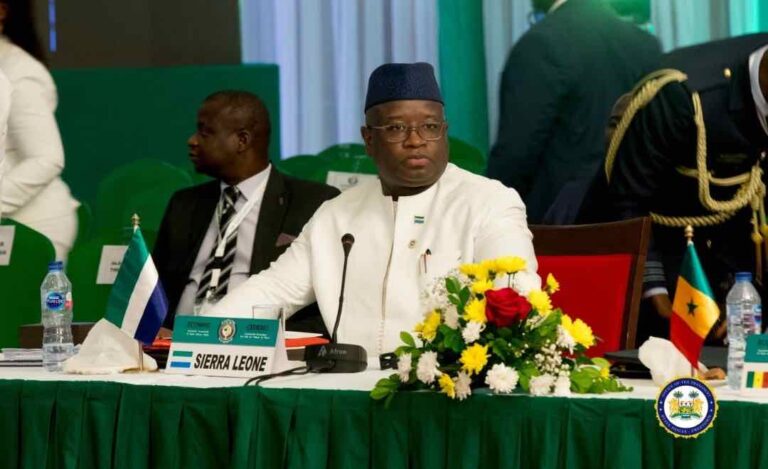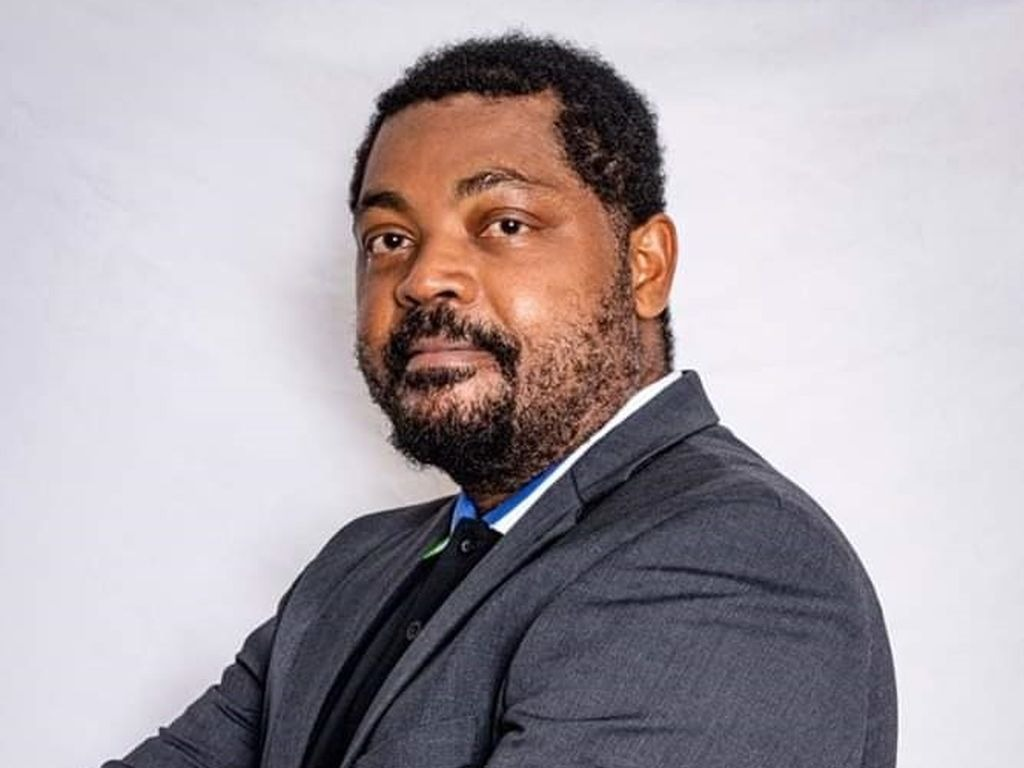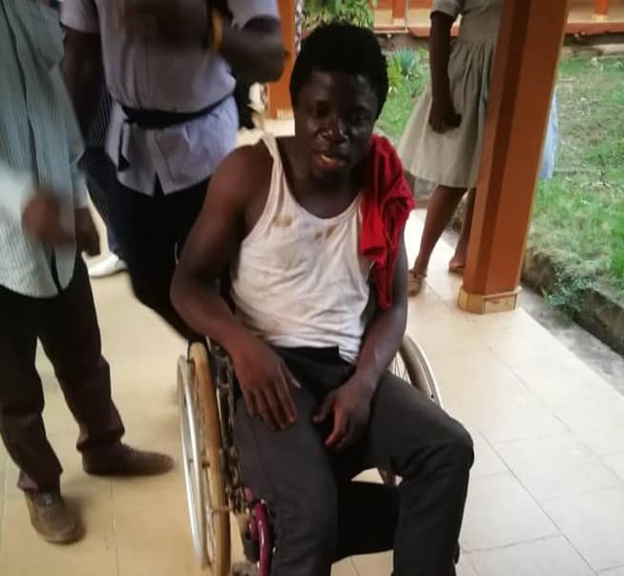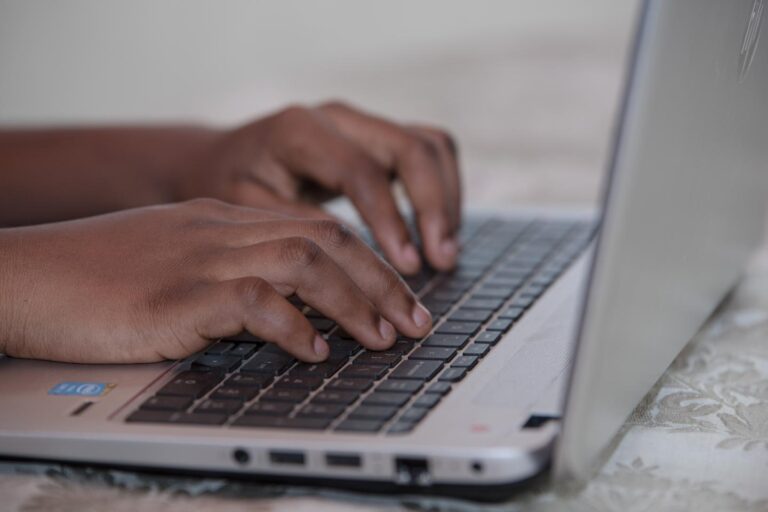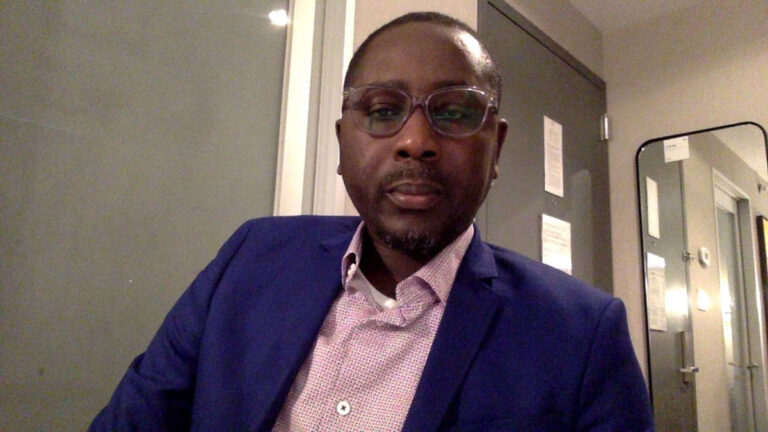A major challenge that has encumbered the implementation of the Right to Information (RTI) Law 2019 (Act 989), Ghana’s access to information law, is the fee burden that applicants must bear for information requests.
For a long time, the law did not specify the amount public institutions should charge. It only presented a conditionality to the effect that a benchmark of fees would be set under a Fees and Charges Act to be passed by Parliament.
The Fees and Charges Act has only recently been passed by Parliament, but it had taken forever to reach here. And even though it is a win for better implementation of the law, it has to be said that the grey area that had resulted from Parliament’s delay in passing the Act spawned a situation where institutions charged what they wanted.
The lacuna
Ghana’s Right to Information (RTI) Law was passed in March 2019 and came into force in 2020. However, the Fees and Charges Act [Miscellaneous provisions Act 2022 (ACT 1080)] was approved by Parliament in July 2022.
It took three years and four months for Parliament to approve the fee benchmarking for the law that was passed to govern the Right to Information Law (2019).
In the period, there were the most outrageous fees that were demanded by public institutions from persons who requested information under the RTI – information that ought to have been in the public domain in the first place.
Outlandish, extortionate fees for information
Between 2020 and 2022, there have been many incidents of public institutions arbitrarily charging exorbitant fees for information. Indeed, the absence of legally determined fees and their exactitudes created opportunity for some institutions to deny citizens access to information.
It began with Ghana’s election management body, the Electoral Commission (EC), in 2020. The EC declined to release information about the procedure it had used to procure the services of two consultants it was working with. Member of Parliament of Ashaiman, Ernest Norgbey, who had requested the information, dragged the EC to court. In the end, the High Court directed Mr Norgbey to pay GHs1,500 (about $125) for the information.
In 2021, the Media Foundation for West Africa (MFWA) was asked by the National Communication Authority (NCA), a media regulator, to pay a whopping GHS 2,000 (about $165) for requesting information about the closure of some radio stations. In its warped defence, the NCA said the MFWA was turning it into a research unit. The MFWA disagreed. It ended in court. The High Court reduced the amount to GHS 1,500 (about $125).
Enters RTI Commission
There have been other incidents, but these two legal tussles about the fees and charges happened when the Right to Information (RTI) Commission was not inaugurated. The RTI Commission is the body mandated to mediate disagreements on requests for information under the law and give directions where necessary.
Nonetheless, when the RTI Commission came to be, public institutions did not stop charging exorbitant fees.
In June 2021, Ghana’s Minerals Commission demanded the equivalence of $1,000 to release information about companies licensed to undertake mining in Ghana to The Fourth Estate, an accountability journalism project of the MFWA.
Fortunately, the RTI Commission made a determination on the issue. In a landmark ruling, the Information Commission directed that The Fourth Estate pays only GHc1.80 ($ 0.15) per page if the information was to be printed and GHc 1.90 ($0.16) if the information was to be sent via email.
The RTI Commission’s momentous ruling notwithstanding, many public institutions continue to use the fees and charges as pretext to deny applicants information.
Parliament does the needful
But that’s all about to stop now, hopefully.
In July 2022, Ghana’s Parliament passed the Fees and Charges (miscellaneous provisions) 2022, (Act 1080).
About two months later, the Ministry of Finance directed the ministries, departments and agencies (MDAs) to start implementing the newly passed law. The directive was contained in a letter dated September 14, 2022, and signed by the Deputy Minister of Finance, Abena Osei-Asare.
“We are by this letter requesting the affected MDAs to start implementation of the fees as approved,” the letter, read in part.
Fees benchmark set by law
The Fees and Charges Act states that the cost of printing on an A4-size page under the RTI law is 38 pesewas (GHS 0.38). A photocopy of the same size GHS costs 27 pesewas (GHS 0.27). Also, a copy of a computer-readable file on an external storage drive costs 29 pesewas (GHS 0.29).
Below is a breakdown of the approved fees and charges under the RTI law.
| Revenue Item | Approved fees and charges (GHS) |
| For every photocopy of an A4 size page or part thereof | GHS 0.27 ($0.02) |
| For every printing of an A4 size page or part thereof held on a computer or in electronic or machine readable form | GHS 0.38 ($0.03) |
| For a copy in a computer-readable file on an external storage drive | GHS 0.29 ($0.02) |
| For a transcription of visual images for an A4 size page or part thereof | GHS 1.28 ($0.1) |

